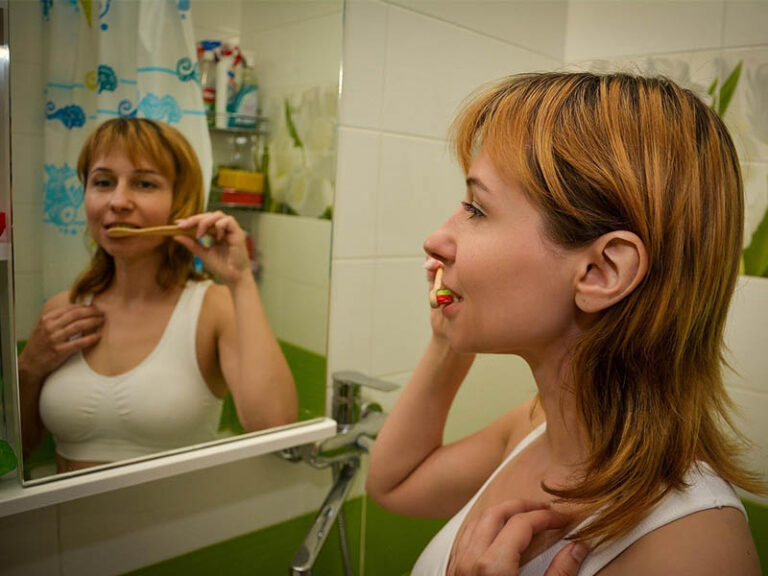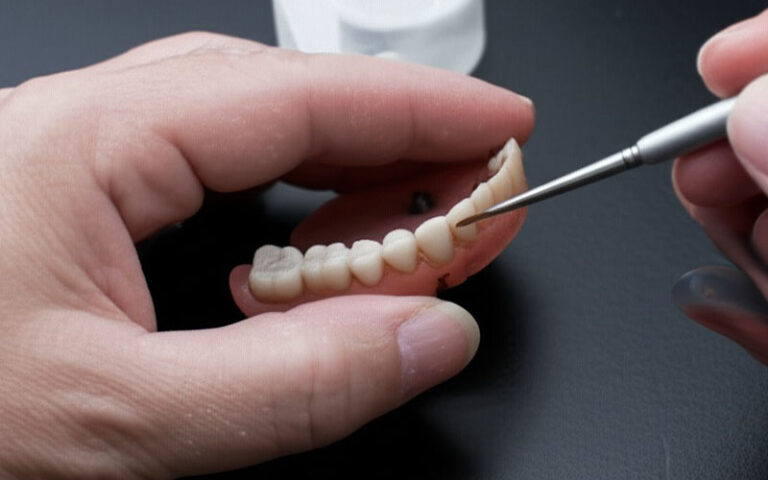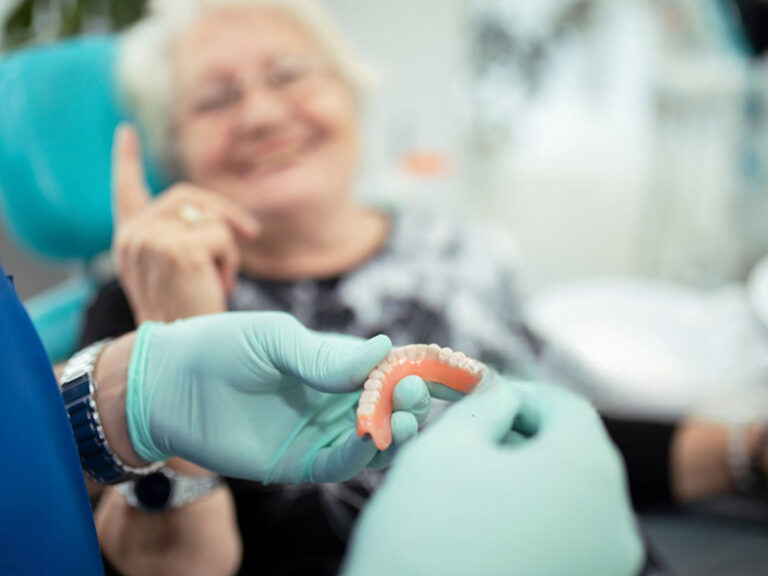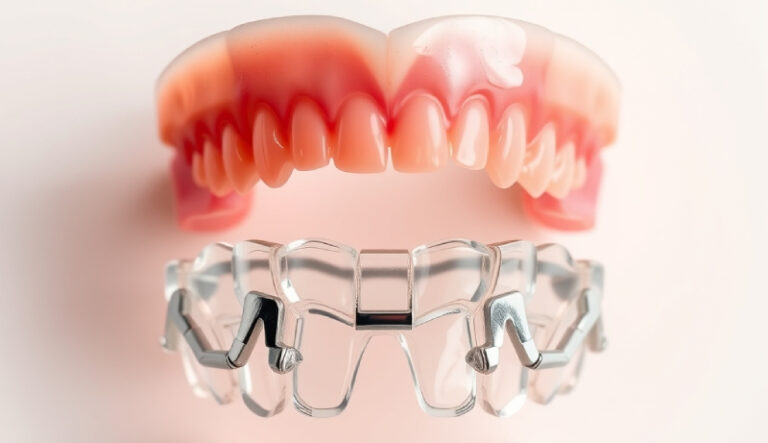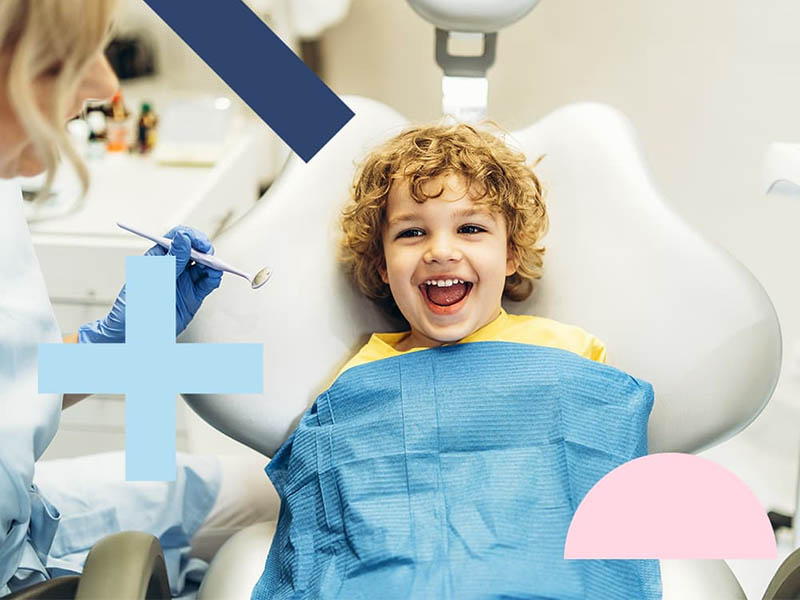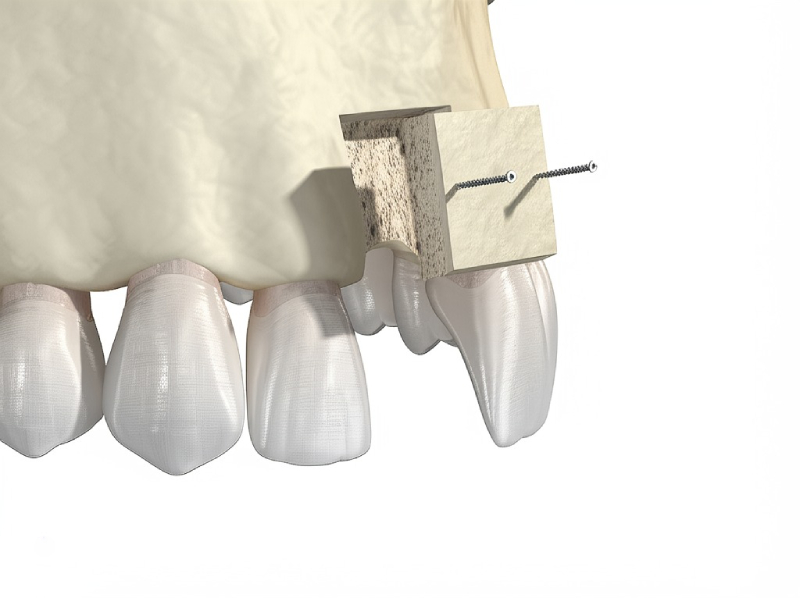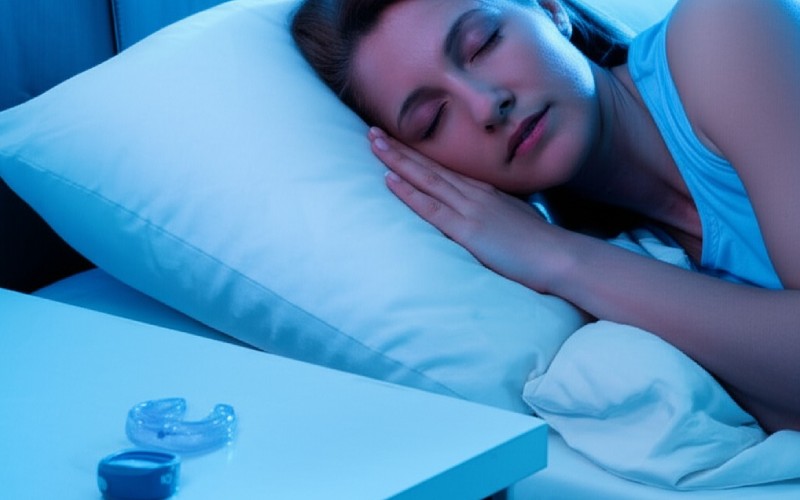
Oral Appliances for Sleep Apnea: A Complete Medical Guide
Table of Contents
Introduction: My Experience With Sleep Apnea and Oral Appliances
When I first heard “sleep apnea,” I didn’t really understand what it was. I snored loudly, felt sleepy all day, and sometimes woke up feeling like I was choking. After I found out what was wrong, I was faced with so many treatment choices. It felt like too much at once. CPAP was the first thing people suggested, but honestly, I didn’t like the thought of wearing a mask every night. I just couldn’t see myself doing it.
Then my doctor said, “Have you thought about trying an oral appliance?” That simple question changed my whole path. It led me to try something new and, eventually, to find a treatment that actually worked for me.
In this guide, I want to tell you what I’ve learned about oral appliances for sleep apnea. I’ll share real stories, facts, and tips from the perspective of someone who’s been there.
What Sleep Apnea Means – How I Learned What Was Happening
When my doctor told me I had obstructive sleep apnea (OSA), I had no idea what it meant. All I knew was that I felt worn out, no matter how long I slept. My partner got even less sleep because of my very loud snoring. When I started to dig in and learn about it, I started to understand.
Obstructive sleep apnea is when your airway keeps getting blocked while you sleep. This makes you stop breathing and then start again. My problem? The muscles in my throat—especially my tongue and jaw—relaxed too much at night, making my airway too narrow and even closing it off. Every time my airway closed, my brain woke me up just enough to breathe again. But this ruined my sleep.
I learned this isn’t just about bad snoring and being tired in the morning. If you don’t treat OSA, you can face big health risks: high blood pressure, heart problems, diabetes, and even memory trouble. For me, it was too dangerous to ignore.
So, what could I do to fix it?
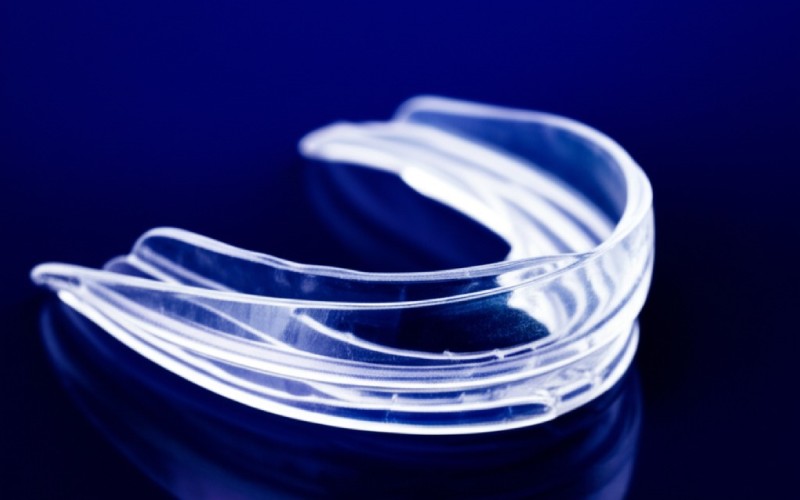
Oral Appliances: What They Are and Why They Matter
At first, I thought my doctor meant something like a thick sports mouthguard. Thankfully, I was wrong. Oral appliances for sleep apnea—sometimes called dental devices or mandibular advancement devices (MADs)—are special tools meant to keep your airway open while you sleep.
How do they work? The idea is actually pretty simple. The devices gently move your lower jaw (and sometimes your tongue) forward. Just that small movement helps stop your airway from closing when you sleep.
There are a few main types:
- Mandibular Advancement Devices (MADs): These push your jaw forward.
- Tongue Retaining Devices (TRDs): These keep your tongue in place so it doesn’t block your airway.
The most important thing I learned? These are not one-size-fits-all. The best oral appliances are custom-made using molds of your own teeth. This means they fit better and work better than anything you’d find in a store. You have to get these from a doctor or dentist who knows sleep medicine—not from a website or a random store.
Oral appliances are now well respected. Groups like the American Academy of Sleep Medicine (AASM) call them a top choice for mild to moderate sleep apnea, and a strong alternative if you can’t use a CPAP machine.
How Oral Appliances Work: The Simple Science I Learned
Understanding how these devices worked made me feel better about trying one. My doctor even showed me 3D models to help explain. I remember I learned best this way.
Here’s what I found out:
- Mandibular Advancement Devices (MADs): They move your lower jaw forward. This pulls your tongue and the soft stuff in your throat away from the back, making more space so you can breathe.
- Tongue Retaining Devices (TRDs): These create gentle suction to hold your tongue forward. If your tongue is the problem, these work really well.
The science is all about simple mechanics and airflow. Your airway is like a soft tube, kept open by muscles. When you’re deep asleep, those muscles relax. In my case, this made my airway shrink or close over and over. The oral appliance stops this by keeping your jaw or tongue in the right spot, holding the tube open.
Custom-made appliances use molds or even digital scans of your teeth. A dentist trained in sleep medicine sets the fit and may adjust it a few times to make sure it’s comfortable and does its job.
I learned quickly that mouthguards you get in a store aren’t made for sleep apnea. A bad fit can even make things worse.
Who’s a Candidate? How I Found Out Oral Appliances Were (and Weren’t) For Me
Not everyone with sleep apnea can use an oral appliance. I started with some real tests like a sleep study. Here’s how I found out if it was right for me:
The Best Candidates
- Mild to Moderate OSA: People in this range see the best results. If you have very bad OSA, an oral appliance on its own may not be enough. Always ask your sleep doctor.
- CPAP Problems: If you, like me, can’t use CPAP—maybe the mask is too uncomfortable or you just can’t sleep with it—an oral appliance is a good option.
- Snoring: If you snore a lot but don’t really have sleep apnea, these devices can still help with the noise.
Who Might Not Be Right
- Severe OSA: If your sleep apnea is really bad, you might need CPAP or other treatments too.
- Dental or Jaw Problems: If you have lots of missing teeth or big jaw issues, these devices might not be for you. The dentist checks this carefully first.
- Kids and Complicated Cases: There are devices for children, but those need special care.
For me, my dentist and sleep doctor worked together and double-checked my mouth and sleep test before saying yes. That made me feel safe.
Advantages: My Life With an Oral Appliance
Let’s get to the good part. I won’t lie—it didn’t change my life overnight. But it was worth sticking with. These benefits went beyond just less snoring.
My Sleep Got So Much Better
My next sleep study showed my breathing stopped way less. I wasn’t waking up dozens of times anymore—just a couple. That’s a big win.
Less Snoring, Less Sleepiness
My snoring almost vanished. My partner could finally rest again. And I stopped falling asleep at my desk all the time or feeling like I needed gallons of coffee just to function.
Easy to Keep Using
I tried CPAP, but never got used to wearing the mask and the feeling of the air. With the oral appliance, my bedtime routine felt normal again. No loud machines. No fighting with tubes or straps.
Comfortable and Good for Trips
Traveling used to be such a pain with a CPAP. Now, my appliance fits in a little box. I don’t need batteries or plugs. It’s easy to carry—even through airport security.
I Felt Less Like a Patient
Here’s a small, but real thing: I didn’t feel like I was “sick” every time I went to sleep. That’s a confidence boost.
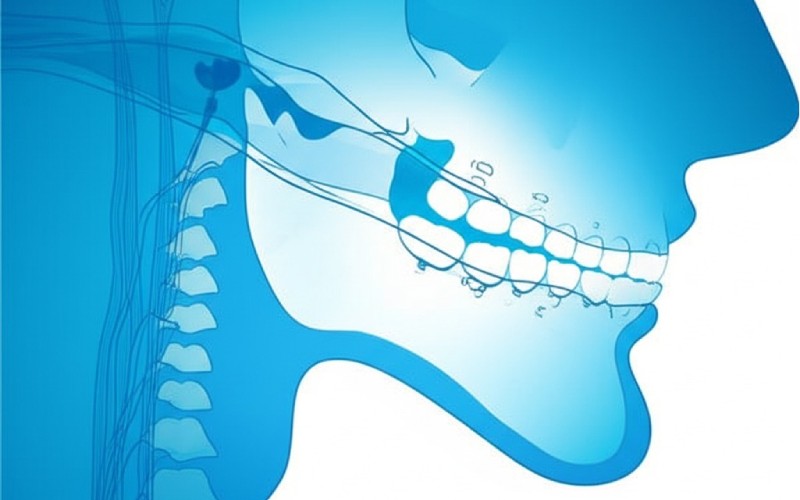
What to Watch For: Side Effects and Everyday Things to Think About
I won’t pretend everything was perfect. Oral appliances do have some side effects, which I noticed right away.
Common Side Effects
The first week, my jaw was a little sore when I woke up. Some days, my teeth felt funny, and I drooled more than usual. These are normal at first—most people feel sore jaws, teeth, or extra spit as their mouth gets used to the appliance.
If you grind your teeth at night, you might notice it more—or less—when using the device. A dry mouth can also happen, especially if you breathe through your mouth.
Fixing These Problems
Most of these issues eased up after a couple weeks. My dentist said it’s important to go slow and make small changes until my jaw was used to it. If something hurt or felt wrong, I’d go back and ask for an adjustment. Don’t just “suck it up”—get it fixed.
Long-Term Dental and Jaw Stuff
Some problems, like your teeth shifting or your bite changing, might show up over years, not weeks. That’s why I kept up with dental visits every six months. Catch it early, and it can be fixed.
When To Check Back
If side effects get worse, or if your old sleep problems start to come back, see your sleep doctor or dentist. Sometimes things change—like you lose weight or get new dental work—and your device needs an update.
Step-By-Step: From Doctor’s Office to Wearing the Appliance
I wish someone had just explained the process in plain words from the start. Here’s how it actually went for me:
1. Getting Diagnosed
First, I talked with my regular doctor about snoring, choking, and feeling tired. Then they sent me to a sleep doctor. I did a sleep study at a clinic, though home test kits are out there now too.
2. The Prescription
Once my sleep doctor knew I had OSA, we talked about different options. Since oral appliances are medical devices, you always need a prescription and the right paperwork—don’t skip this.
3. Go to a Dental Sleep Medicine Specialist
I found out not every dentist is the same. Look for someone trained in dental sleep medicine (they might be certified by the American Academy of Dental Sleep Medicine). Your doctor should send you to the right person.
4. Getting Fitted
At the dentist’s office, they took careful molds of my teeth and checked how I bite. Some places use high-tech 3D scanners for this now. More comfortable, and more exact.
5. Waiting and the First Try
A few weeks later, my custom device was ready. The dentist made sure it fit right and explained how to use and clean it. At first, it felt “odd”—that’s normal.
6. Adjustments
You’ll have to go back a few times so your provider can make it as comfy and useful as possible. That’s how any pain or soreness gets sorted out.
7. Follow-Up Check
My sleep doctor did another sleep study after I’d used the device for a bit. This checks if it’s really working.
These appliances can last several years if you take good care of them—clean them every day, go to check-ups, and get repairs if they break.
Cost, Insurance, and What I Learned Along the Way
The cost of oral appliances surprised me at first. Here’s what I wish someone had told me:
Custom vs. Store-Bought Devices
The custom-made oral appliances (the kind your dentist fits for you) can cost between $1,500 and $3,000 or more. Cheaper ones from stores usually don’t help real sleep apnea and might even cause tooth problems. From my experience, paying for a good one is worth it.
Insurance
There’s good news! Most health insurance plans—and sometimes Medicare or VA benefits—cover custom oral appliances if a sleep doctor says it’s needed. Regular dental insurance usually doesn’t cover them, unless it says they do.
Get a provider who knows how to bill for “Durable Medical Equipment” (DME). You normally need permission from insurance first. My dentist’s staff helped with all the forms, which made things a lot easier.
What You Might Pay Yourself
Even with insurance, I still had to pay my share. But the cost made sense compared to being unhealthy or tired all the time. Some offices let you pay in chunks and you can use health savings accounts (HSAs) or flexible spending accounts (FSAs).
Oral Appliances vs. CPAP: My Honest Thoughts
If you’re like me, you want straight talk, not sales talk. Here’s what I found.
How Well They Work
CPAP is still the best if you want to get rid of every last apnea event. But for people with mild or medium sleep apnea, a well-fitted oral appliance can get you almost the same results. Lots of studies say most people with these levels see big drops in AHI (the apnea score).
Will You Keep Using It?
Let’s be honest: sleeping with a CPAP mask is tough for a lot of people. I used to take mine off in my sleep or just not use it at all. Oral appliances are smaller and way easier to carry or use, so I’m much more likely to actually use them.
Comfort and Everyday Life
With an oral appliance, there’s no hose, no mask, no machine to plug in—just a small piece I pop in before bed. So much easier.
Who Needs Which
- CPAP: Good for any sleep apnea, but a must for bad cases or people with heart or lung problems.
- Oral Appliance: Great for people with mild to moderate OSA, or anyone who can’t stick with CPAP.
Your doctor will help you pick the right one for your needs and lifestyle.
Finding Good Specialists: How I Searched For the Right Doctor
Finding the right people to treat you makes all the difference. Here’s what worked for me:
- Get Certified Pros: Make sure dentists are certified by the American Academy of Dental Sleep Medicine (AADSM) and your sleep doctor is part of the American Academy of Sleep Medicine (AASM).
- Ask Questions: I always asked how many sleep apnea patients they see, how they do follow-ups and which brands of devices they use.
- Work Together: The best results came when my doctor and dentist talked to each other and kept me in the loop.
- Be Upfront: I picked folks who talked openly about prices, insurance, and possible problems.
If you want to find someone, the AADSM has a dentist finder on their website. Or your sleep doctor can recommend nearby specialists.
Conclusion: What I Want You to Know Before Deciding
Treating sleep apnea is about more than fixing a health problem—it’s about getting back a normal life. I learned that you need knowledge and good providers to get the best results.
Oral appliances helped me sleep better and feel more awake every day. They’re not perfect, and they’re not for everyone. But if you can’t use CPAP, or are just starting to look at your options, I really think you should give them a look.
So, what should you do next? Don’t do it alone. Talk to a certified sleep doctor, get checked properly, and ask about oral appliances. Let your story—like mine—be based on real facts and good advice. You deserve that.
This article shows what I learned as a patient and a researcher. For advice or treatment, talk to a medical professional.

